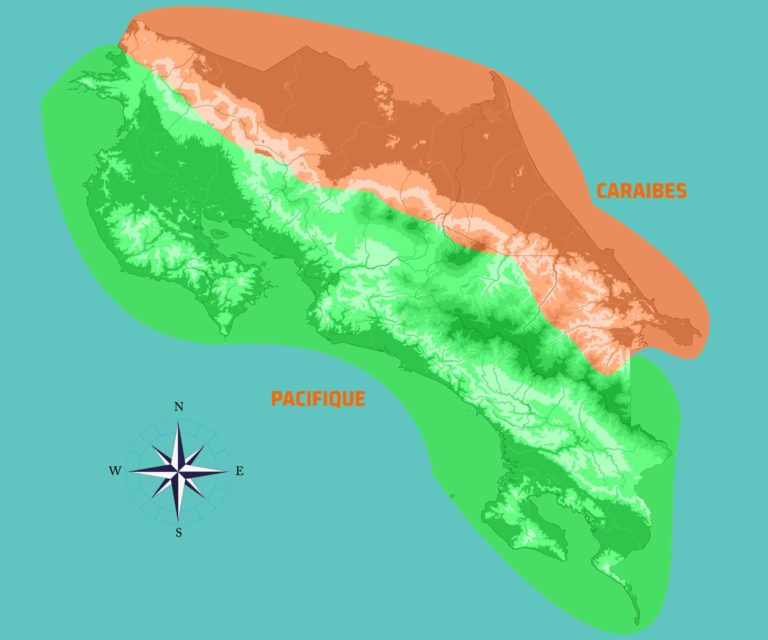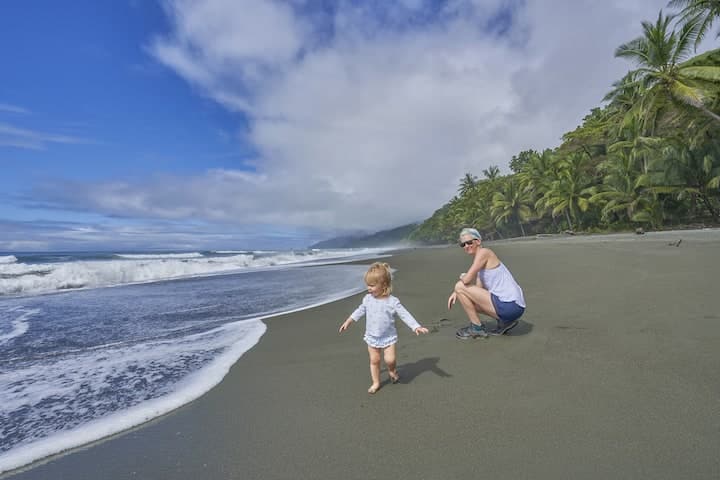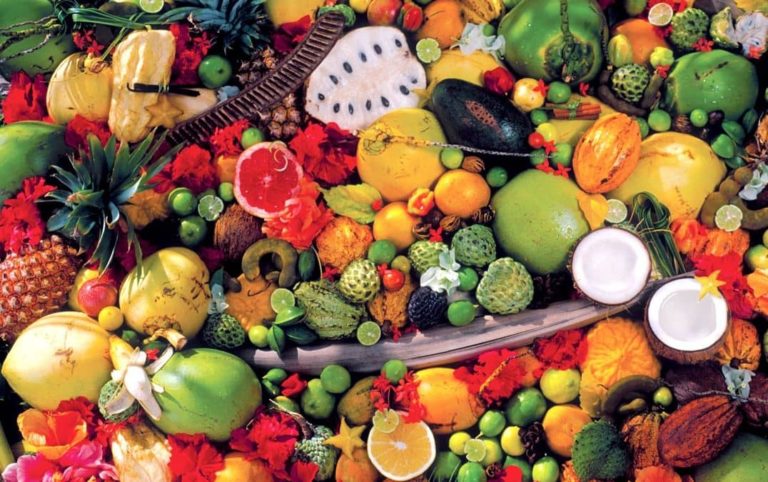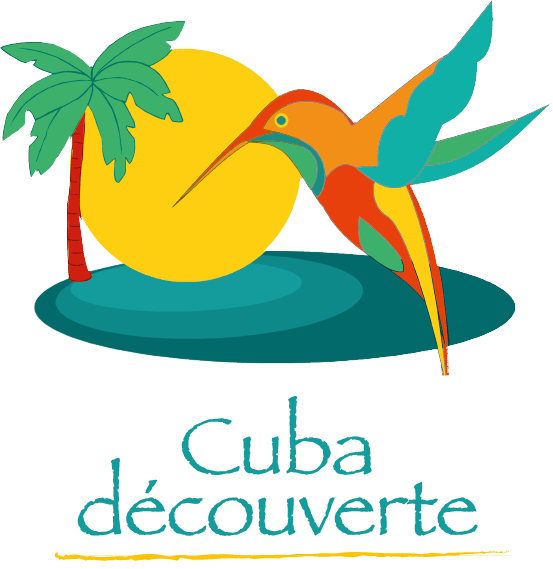The essentials of Costa Rica
Known for its neutrality in the face of the tumultuous politics of its neighbors, Costa Rica is often called “the Switzerland of Central America.” A democratic country since 1848, the country amended its constitution in 1949, abolished the army, and implemented agricultural, industrial, and social policies, particularly in the areas of health and education. Former President Oscar Arias received the Nobel Peace Prize in 1987 for being the architect of the Central American peace process.
What will you eat during your trip?
The national dish, Gallo Pinto, is served for breakfast. It consists of white rice, red or black beans, and chopped onions, sometimes accompanied by plantains. Typical dishes are often rice-based, paired with shrimp, chicken, pork, fish, etc. Ticos most often go for lunch in small traditional restaurants (soda). The development of livestock farming has allowed for a more diverse cuisine. A wide selection of vegetables and fruits can be found everywhere.
But also…
You will not miss the “chorreados” and “tamales”. Don’t forget the “empañadas”, fritters filled with beans, meat and potatoes. On the seafood side, the “ceviche” of fish or seafood marinated in lemon will be your favorite. As for dessert, don’t hesitate to try the “3 leches” made with condensed milk, powdered milk and fresh cream… It is in San José that you will find the greatest variety of cuisines from all over the world. Most hotels in Costa Rica serve good international cuisine. They serve imported wine from Chile, Argentina and sometimes France and service by the glass is very common. If you like beer, you will please the Ticos who are big drinkers of it, especially the local beer “Imperial”.
A bit of history
Before being discovered by Christopher Columbus in 1502 during his third voyage, Costa Rica was composed of a few indigenous tribes. Most of them were decimated by diseases introduced by Europeans: influenza, measles, and tuberculosis. The development of agriculture ensured growth that allowed cities to emerge and take shape. Thus, San José was born in 1738, which became the capital in 1823. After experiencing riots, civil wars, and strikes in 1929, Costa Rica adopted far-reaching reforms to face the modern world. Although slowed by the collapse of coffee and banana prices in the 1970s and then by the banking crisis of the 1980s, the country was able to stabilize. It is this political stability and economic growth that attract foreign investors.
A little geography
Beyond its unique history, it is its geography that is most astonishing: 50,900 km², or 1/10th of France, surrounded by two oceans, the Atlantic and the Pacific, cut in two from northeast to southeast by a mountain range, creating a multitude of micro-climates. Costa Rica is a concentration of the planet and alone represents nearly 5% of the world’s biodiversity.
Tourism
Costa Rican ecotourism has become its primary economic resource, attracting over two million visitors a year. Few destinations in the world offer the opportunity to observe such diversity in such a small area, making Costa Rica a unique destination. A trip to Costa Rica is a unique experience. 10,000 species of plants and flowers, 9,200 species of butterflies, 890 species of birds, 230 species of mammals, 220 species of reptiles, 180 species of amphibians, 300,000 species of insects, 1,600 species of fish… In this extraordinary universe of life, we must face our responsibilities and owe it humble respect.
Costa Rica in figures
A recent look at Costa Rica
Why travel with us?

A flawless reputation since 2008

A single contact in English

Our presence on the ground all year round

Our expertise for a tailor-made offer





